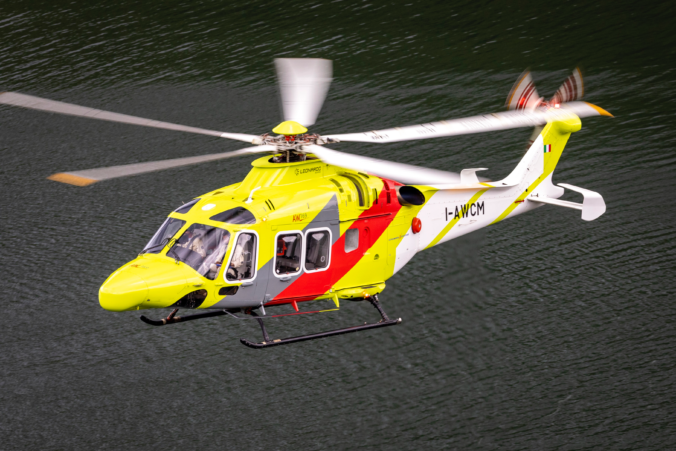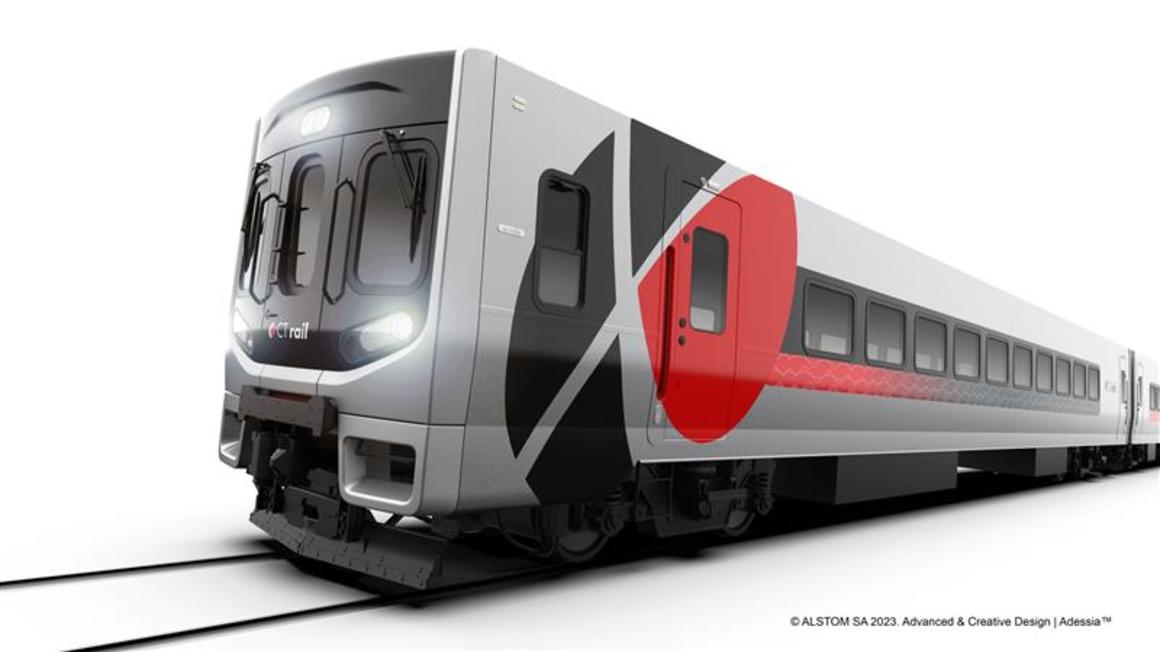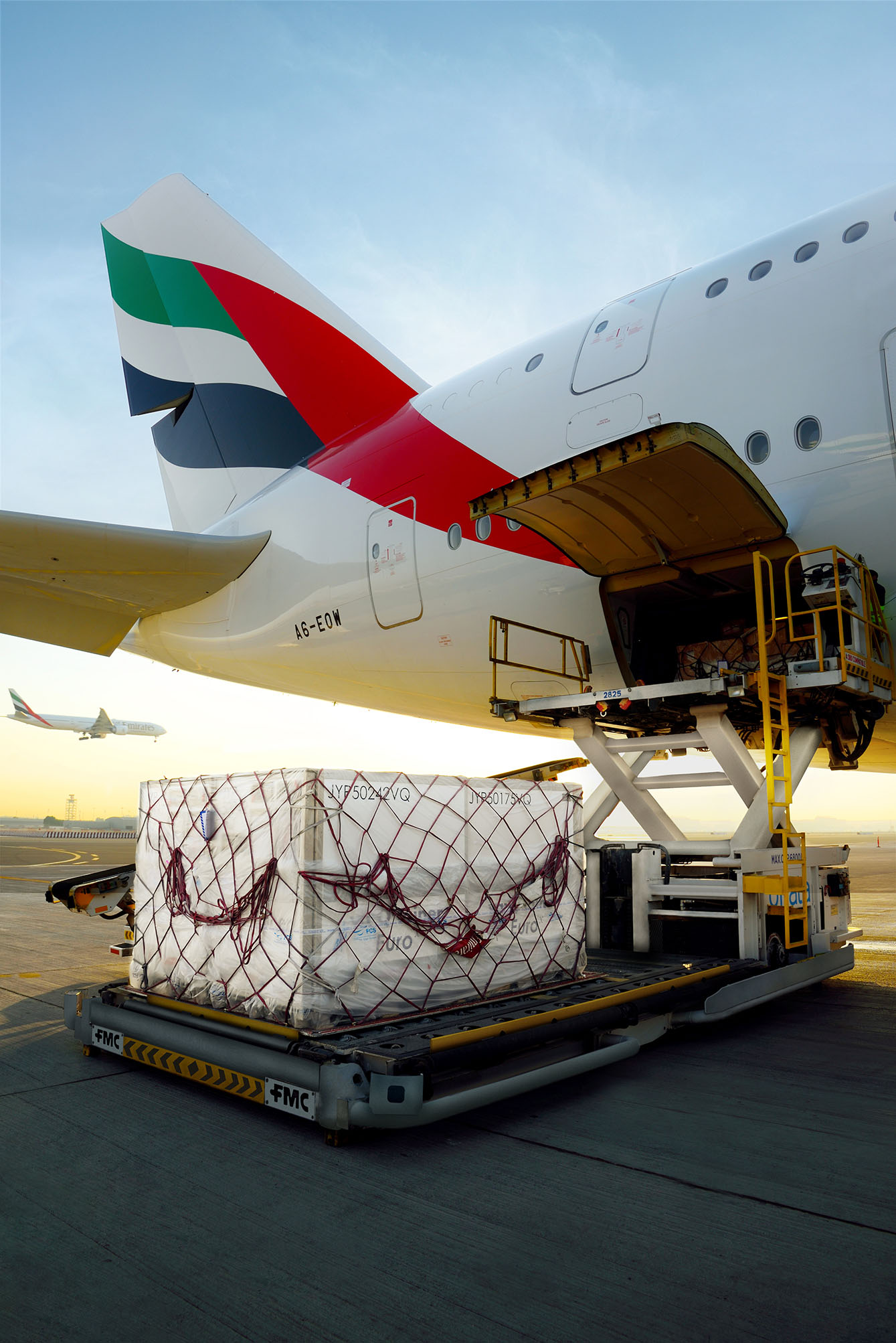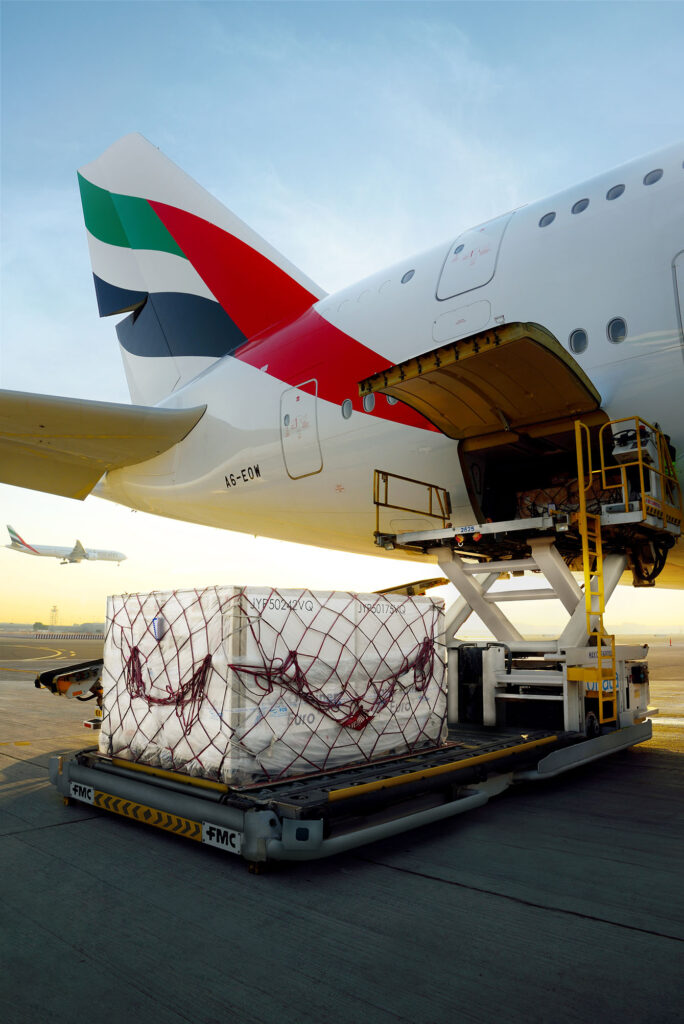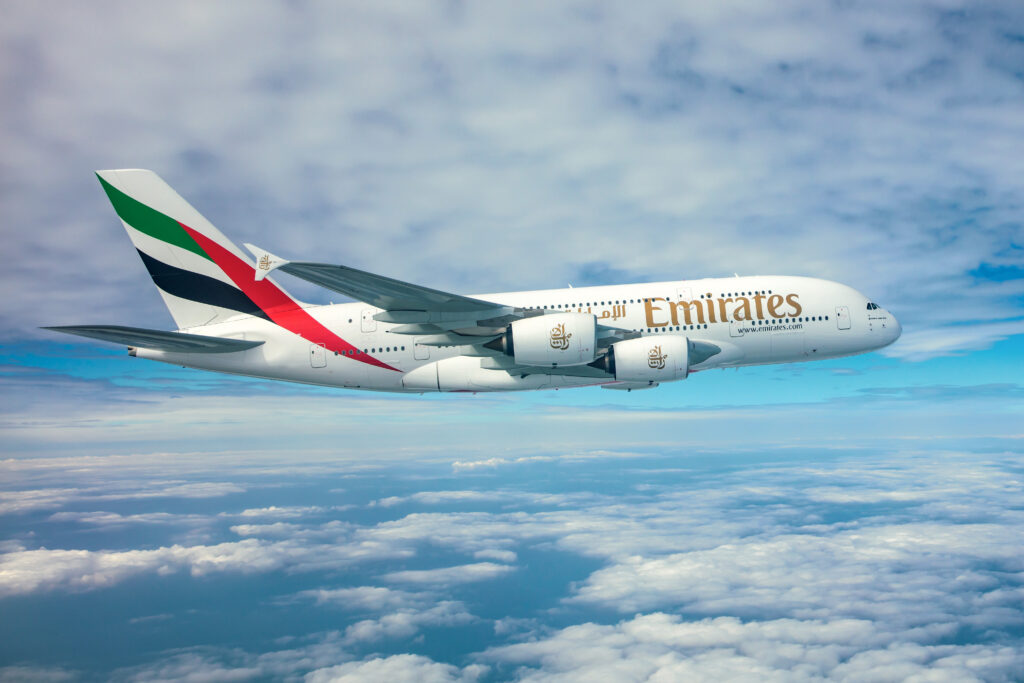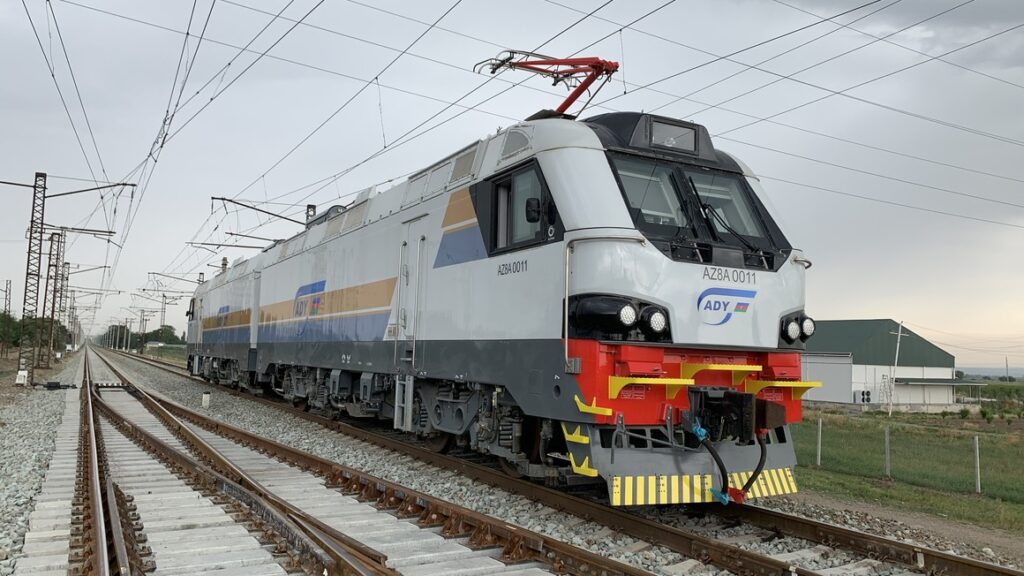Rome, Italy, October 30, 2023 – The Leonardo S.p.A. (OTC: FINMY) AW169 light intermediate twin engine helicopter’s operational capabilities and range of options will grow further with the launch of a 5,100 kg (11,243 lb) IGW kit and an 11-seater configuration fully compliant with the IOGP (International Association of Oil & Gas Producers) Report 690. Both will be made available for the aircraft version with skid landing gear.
Compared to the standard 4,800 kg (10582 lb) Maximum Take-off Weight, the extra 300 kg (661 lb) available with the 5,100 kg IGW kit allows the embarkation of three more passengers or the addition of fuel for approximately one hour of operations. Existing operators of the type’s version with skids will be able to retrofit the 5,100 kg IGW kit to enhance their aircraft’s capabilities.
As an additional option, the 11-seater configuration, fully compliant with the IOGP Report 690 (Offshore Helicopter Recommended Practices), will introduce a new modular fuel tank system and two additional Type IV emergency exits in the cabin, increasing the total number from four to six. The 11 seats configuration will be available for the skid-fitted version in combination with the 5,100 kg IGW kit. This solution will allow the type to satisfy even more demanding offshore transport requirements in terms of payload, range, and compliance with IOGP latest standards.
This configuration will allow a radius of action of up to 75 nm with 11 passengers, therefore offering capabilities typically achievable with types with a MTOW exceeding 5.5 tons (intermediate class) at a light intermediate class cost of operations as well as granting latest safety standards compared with legacy helicopters. It will also deliver greater sustainability versus ageing types in the relevant weight category thanks to a more efficient powerplant, advanced navigation, modern support and maintenance approach, among other solutions. The Certification of the IGW increase is expected in 2024 while the 11-seater configuration with new modular fuel tank is planned for certification in 2026.
These latest operational capabilities will add to the EASA (European Aviation Safety Agency) certifications of the skid undercarriage and unique IFR, single pilot, Advanced Search and Rescue (SAR) Modes, both achieved in late 2022. With the skid configuration certification, the AW169 became the only modern CS29-certified aircraft able to offer all undercarriage solutions, further demonstrating the versatility by design of the type. The AW169 is also the only helicopter in its weight category that features Advanced SAR Modes. The performance increase packages previously developed had already enhanced engine performance and capabilities, transmission ratings and available payload through engine software updates and aircraft aerodynamics modifications, making the type the helicopter with the best power-to-weight ratio in its class.
Forward-Looking Statements
This press release contains forward-looking statements within the meaning of the Private Securities Litigation Reform Act of 1995, including expected delivery dates. Such statements are based on current expectations and projections about our future results, prospects and opportunities and are not guarantees of future performance. Such statements will not be updated unless required by law. Actual results and performance may differ materially from those expressed or forecasted in forward-looking statements due to a number of factors, including those discussed in our filings with the Securities and Exchange Commission.
